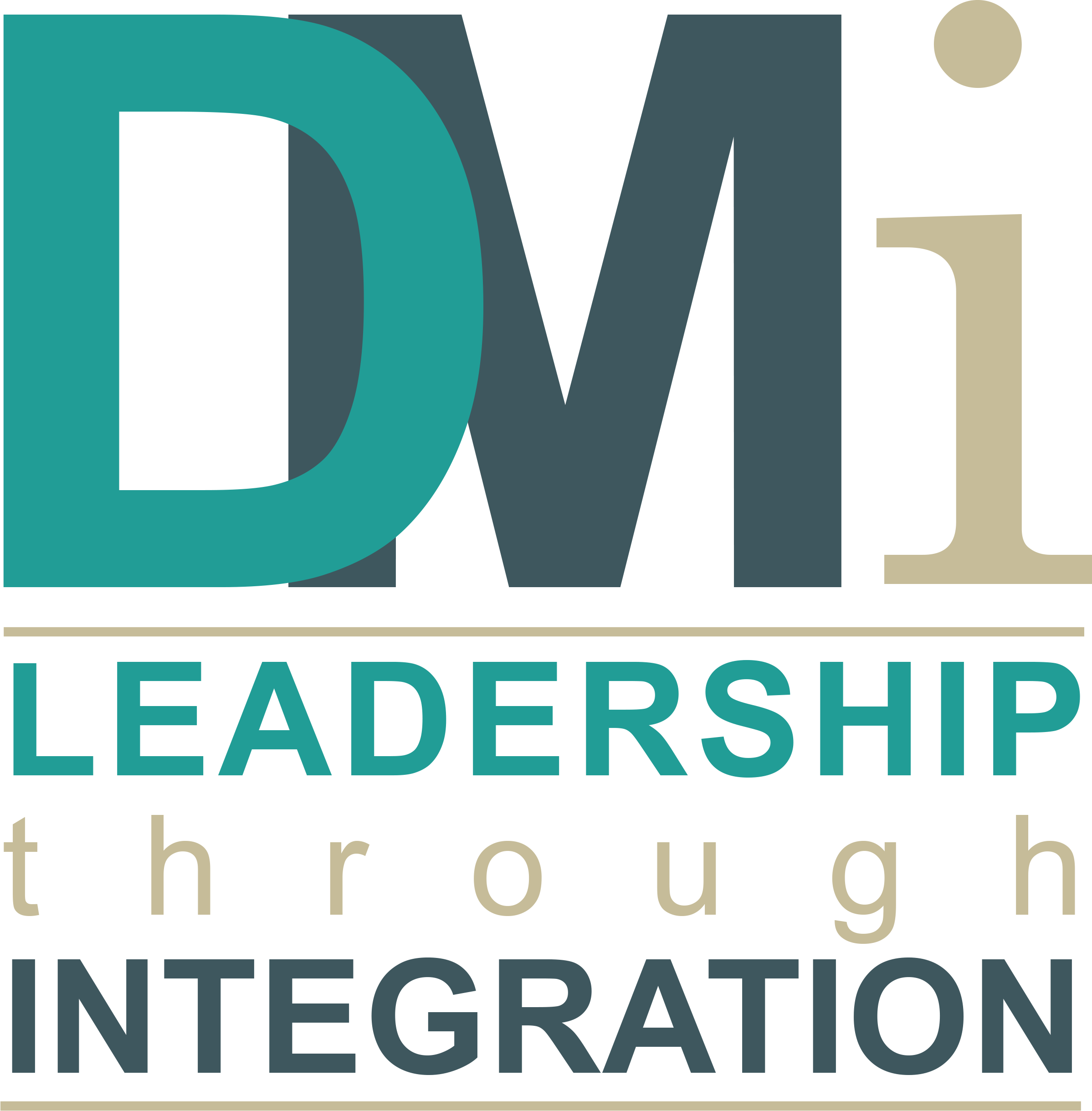Demand Management and Sales Forecasting
an integrated set of numbers
Introduction
Demand Management, Planning and Forecasting is a critical process for all companies, whether you are in the manufacturing, Supply Chain or Service industry the ability to balance supply resources against demand can only be as good as the quality of the demand Plan. This Course will explain how three concepts can be utilized to improve the quality of the Demand Plan. However it all starts with a mind set change which is that forecasting is the ‘art of the possible’ not the ‘art of the impossible’. The three critical concepts are:-
- Three Critical Concepts
- Course Programme
- Who Should Attend?
- What the Company will Gain
- What the Delegate will Learn
- Integrated Business Planning
- Course Leader
Demand Planning/Forecasting is a multiple input process that requires formal input from multiple functions in order to reach a consensus – ‘one set of numbers’. History is a good starting point but a poor ending point. Firstly history must be ‘clean’ and secondly we employ a bunch of Sales & Marketing people to make sure the future is different (better) than the past.
Whenever the forecast numbers are wrong – “which is always” then its not the numbers that were wrong which were wrong by definition, but what was wrong was not the numbers but the assumptions upon which the numbers were based. By focusing upon assumption management and not the numbers the demand plan. Forecast will improve.
If the forecast is always below or always above the actual then it may be accurate but it is definitely biased. The third concept is to identify the root cause of bias (which walks around on two legs), it is behavioural and eliminate it.
If these three concepts are truly embraced then the demand plan/forecast quality will improve.
-
Demand Management and Forecasting – the ‘art of the possible’
-
The Demand Planning process
-
Demand Control – ‘plan the sale and sell the plan’
-
Dealing with uncertainty
-
Performance measures and their impact upon behaviour
Leaders, Directors, Managers and Demand Planners involved in the management of customer demand and the supply chain business planning processes. In other words Sales, Marketing, Finance, Customer Service and Supply Chain Management Teams.
Companies that improve their Demand Planning process typically reduce inventory in excess of 30% and dramatically improve their true customer service levels based upon ‘on time in full’ and perfect orders, at a reduced cost to serve. This increased sales revenue, growth and margin and creates much greater collaboration and customer focus and satisfaction. Joint business process and CPFR process will continue to develop and improve.
All the delegates will be equipped with a comprehensive understanding and knowledge of best practice concepts that sit behind demand Management, Planning and Forecasting. They will be able to apply these concepts to the company’s demand management process and help to deliver significantly improved demand planning and customer service.
Since its original definition S&OP in the 80’s Dave Manning has been involved as a practitioner or pioneer in its evolution and development to what is now referred at as IBP. His thought leadership on how IBP can embrace strategic execution, scenario planning and leadership development have significantly contributed to the IBP ‘state of the art’. IBP is a journey not a destination.

Dave Manning – DM Integration
Dave Manning: DMi Director
A prime mover in getting a division of Rolls Royce to Class “A” in the 1980’s, he has huge experience as an inspirational educator to many companies across many continents in how to bring change through implementing Integrated Business Leadership. Recently he has spent 18 years in Oliver Wight, 5 year with The Delos Partnership and now, his own company, DM Integration Limited.
